What if your best marketing team was actually your own customers? In a world saturated with ads, genuine recommendations have become the most trusted form of marketing. Studies show that 92% of consumers trust referrals from people they know over any other type of advertising. This is the power of brand advocacy- turning satisfied customers, employees, and fans into vocal supporters who amplify your brand’s reach authentically.
Understanding the brand advocate’s meaning is crucial: a brand advocate isn’t just a repeat customer; they are passionate promoters who voluntarily share their positive experiences. They write reviews, create social media posts, refer friends, and defend the brand against criticism often without being asked. With platforms like Instagram, LinkedIn, and TikTok fueling employee advocacy on social media, brands have an unprecedented opportunity to tap into organic influence and build stronger community-driven marketing ecosystems.
In this blog, we’ll dive deep into brand advocacy strategies, showcase real-world brand advocacy examples, explain why brand collaboration is important, and give you an actionable roadmap to turn your customers into your loudest advocates. Packed with proven techniques and fresh 2025 insights, this guide will help you unlock a competitive edge that’s more authentic, cost-effective, and scalable than traditional marketing tactics.
At its core, brand advocacy is when loyal customers, employees, or fans voluntarily promote your brand because they genuinely believe in it. A brand advocate goes beyond simply buying your products they actively recommend your brand to others, create user-generated content, leave positive reviews, and even defend your reputation during tough times.
The true power of brand advocacy lies in its authenticity. Unlike traditional advertising, which 67% of consumers say they distrust, brand advocacy taps into real voices and real experiences. According to Nielsen, 92% of people trust recommendations from individuals over brands, making advocates far more influential than even the most polished marketing campaigns.
Understanding the brand advocate meaning is the first step toward unlocking this powerful marketing channel. Brand advocates are essentially brand storytellers- people who share authentic experiences that resonate far deeper than paid ads or promotional content.
But why is brand advocacy so important today? With rising acquisition costs and declining ad engagement rates across digital platforms, brands need more cost-effective, trust-driven ways to grow. In fact, companies with successful brand advocacy programs see a 25% increase in customer retention and a 50% higher likelihood of repeat purchases, according to CustomerGauge.
Moreover, with the rise of employee advocacy on social media, brands can now empower their internal teams to act as powerful amplifiers, reaching wider audiences organically. This shift has made brand advocacy not just a marketing strategy, but a business growth strategy.
In the next sections, we’ll explore brand advocacy examples and proven strategies you can implement to turn your customers- and even your employees- into your most powerful marketing force.
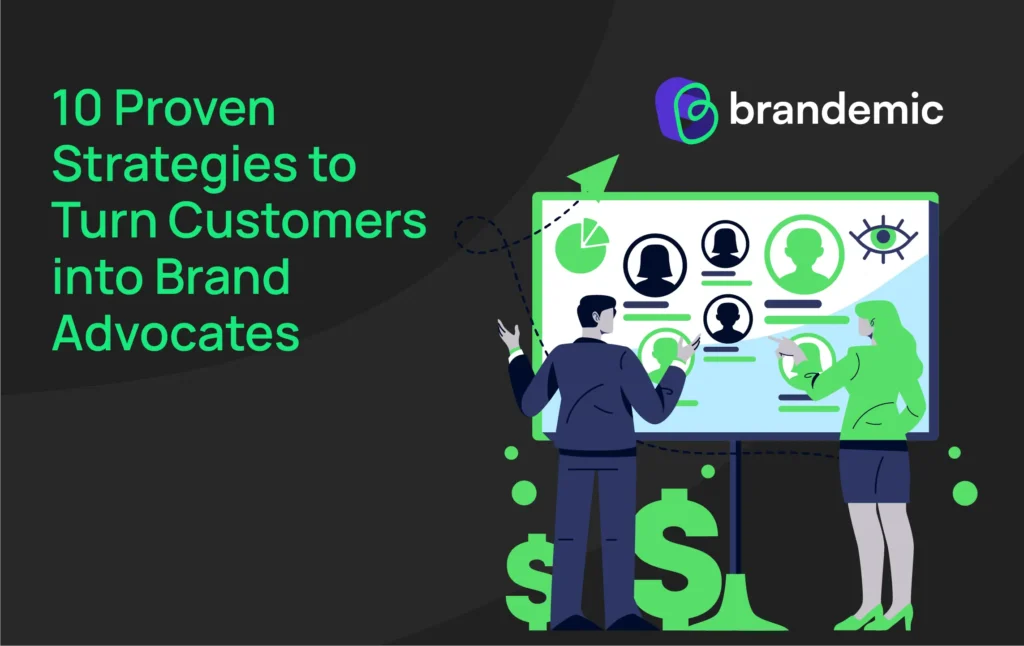
Turning customers into passionate brand advocates doesn’t happen by accident- it’s the result of intentional strategies designed to build trust, emotional connections, and genuine loyalty. Whether through unforgettable experiences, community-building efforts, or strategic collaborations, brands that invest in advocacy programs consistently outperform those that rely solely on traditional advertising. Below, we explore ten proven strategies, complete with real-world brand advocacy examples, to help you harness the true power of brand advocacy and build a loyal army of supporters.
Now, let’s break down what makes a brand advocate tick. These individuals aren’t just satisfied customers; they’re raving fans.
They:
– Believe in your brand’s mission and values.
– Have had consistently positive experiences with your products or services.
– Feel a personal connection to your brand.
– Are active on social media and other platforms where they can share their love.
Think of them as the ultimate hype squad, always ready to sing your praises and defend your honour in the wild world of the internet.
At the heart of every great brand advocacy program is an unforgettable customer experience. When customers feel truly valued, heard, and delighted at every interaction, they are far more likely to become loyal brand advocates. Research shows that 86% of consumers are willing to pay more for a better customer experience, and 73% say customer experience is a key factor in their purchasing decisions (PwC, 2024).
An exceptional experience doesn’t just mean solving problems quickly- it’s about surprising and delighting customers beyond their expectations. Personalized service, fast response times, hassle-free returns, and thoughtful follow-ups all contribute to creating advocates who willingly spread the word.
Need some inspiration? Let’s look at a few brands that are absolutely killing it with their brand advocacy programs:
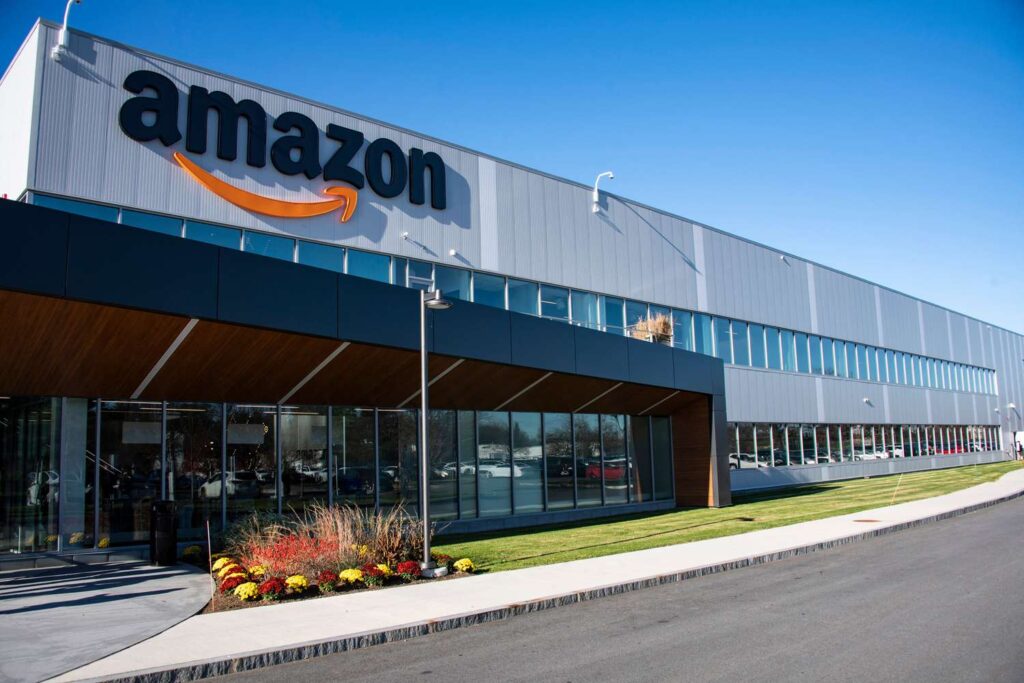
Amazon has set the global benchmark for customer-centricity. With fast, reliable shipping, 24/7 support, easy returns, and hyper-personalized shopping experiences, Amazon has transformed millions of customers into loyal brand advocates. Their famous “customer obsession” philosophy is embedded across all levels of the company, proving that when you prioritize experience, brand advocacy follows naturally. Another iconic example is Apple, whose seamless ecosystem and world-class customer support at the Genius Bar have built one of the most passionate customer bases in the world.
Exceptional customer experience is no longer a bonus- it’s a core driver of brand loyalty, referrals, and organic growth in today’s highly competitive digital landscape
A strong brand identity does more than make you look good- it gives people something to believe in. When your brand’s voice, values, visuals, and messaging are consistent and aligned, you create emotional connections that drive loyalty. This emotional resonance is what transforms regular customers into brand advocates- people who feel proud to associate with your brand and promote it as an extension of their identity.
Studies show that 89% of shoppers stay loyal to brands that share their values, and consistent branding across all touchpoints can increase revenue by up to 23% (Lucidpress, 2024). This means that beyond products or pricing, what you stand for matters. It’s not just what you sell- it’s how you make people feel.
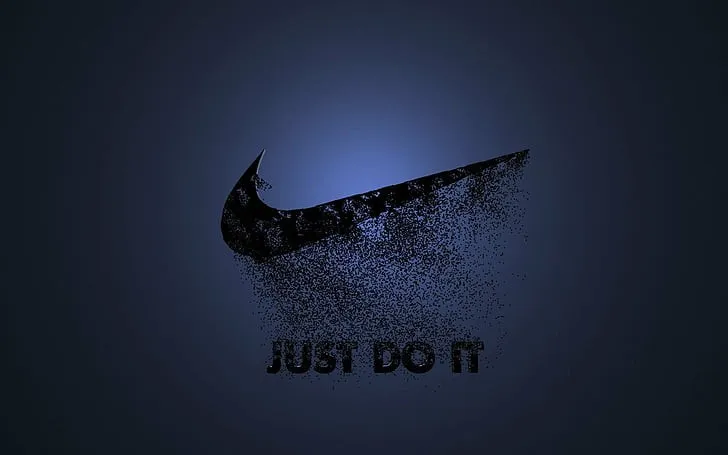
Nike is one of the strongest global examples of brand identity done right. From their iconic “Just Do It” slogan to their bold stance on social issues, Nike’s identity is clear, consistent, and deeply emotional. They’ve built a brand that empowers, inspires, and aligns with values of grit, performance, and individuality- which is exactly why millions of fans wear their logo with pride and become vocal brand advocates across platforms. Nike’s partnerships with athletes, community initiatives, and powerful storytelling campaigns show why brand collaboration is important in building long-term advocacy.
By investing in a clear and compelling brand identity, companies can fuel both recognition and trust- two of the most powerful drivers behind sustained brand advocacy.
In the age of social media, creating moments worth sharing is one of the fastest ways to drive brand advocacy. People love to share experiences that are unique, emotional, or visually appealing- and when brands intentionally craft these moments, they turn everyday customers into enthusiastic brand advocates. According to Sprout Social, 71% of consumers say they’re more likely to recommend a brand that provides a great social media experience. Shareable moments could be anything from a clever unboxing experience to an in-store surprise, a viral hashtag campaign, or a personalized thank-you note. The key is to design interactions that feel personal and remarkable, prompting customers to post, tag, and celebrate the brand publicly.
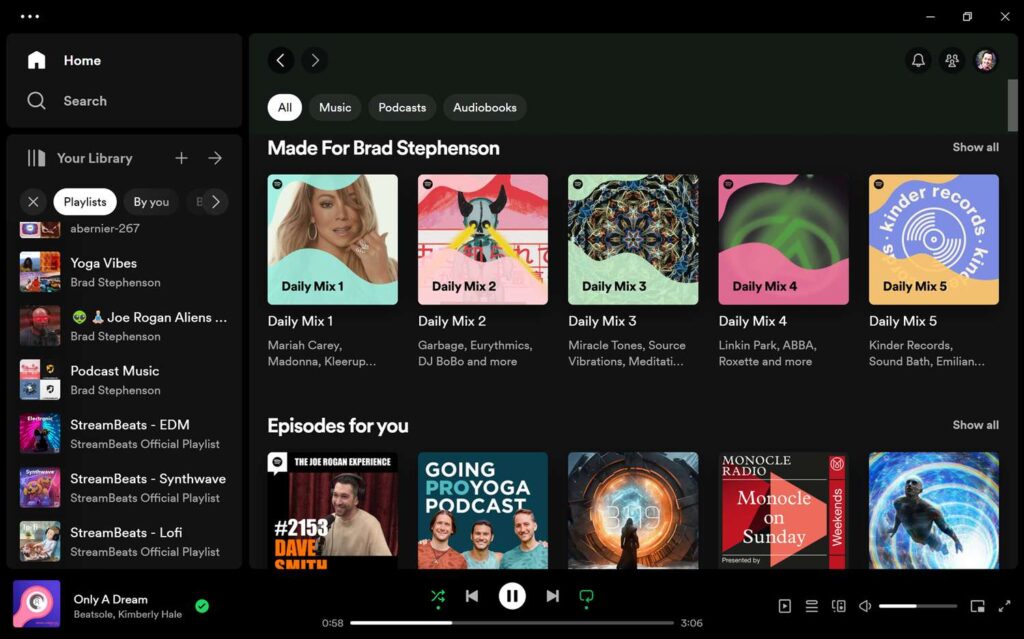
Spotify nails this strategy year after year with Spotify Wrapped. Each December, Spotify delivers personalized playlists and listening stats to users, creating highly shareable content that floods Instagram Stories, TikTok, and Twitter. By making users the heroes of their own story, Spotify turns millions of customers into natural brand advocates who proudly share their Wrapped results- giving the brand massive organic visibility. This strategy highlights why brand collaboration is important, as Spotify often partners with artists and influencers to extend reach even further.
When brands create authentic, personalized experiences that people can’t wait to share, they supercharge their brand advocacy efforts naturally and at scale.
While customers are powerful brand advocates, employees are often an untapped goldmine for authentic promotion. Employee advocacy on social media not only amplifies a brand’s reach but also builds trust- because audiences tend to trust messages from real people over corporate accounts. In fact, content shared by employees receives 8 times more engagement than content shared by official brand channels.
Encouraging employees to share company updates, behind-the-scenes content, and personal success stories helps humanize the brand and foster stronger connections with wider audiences. It also boosts employee morale, increases organic reach, and establishes the brand as authentic and relatable.

Adobe runs one of the most well-known employee advocacy programs through its #AdobeLife initiative. Employees are encouraged to share their experiences, achievements, and company culture moments on LinkedIn, Twitter, and Instagram, creating a steady stream of positive, humanized content. This not only strengthens Adobe’s employer brand but also fuels external brand advocacy by showing the company’s culture and values in a real, relatable way.
When brands empower their own teams to advocate for them, they turn their workforce into a powerful marketing engine- one that boosts visibility, trust, and loyalty without relying on paid ads.
User-generated content (UGC) is one of the most powerful drivers of brand advocacy. When customers create content around your products or services- whether it’s reviews, photos, unboxings, or tutorials- they organically spread brand awareness and lend their credibility to your brand. According to a study by Nielsen, 92% of consumers trust user-generated content more than traditional advertising, making it an essential part of any advocacy strategy.
To fuel UGC, brands should make it easy, fun, and rewarding for customers to participate. Running contests, featuring customer posts on brand pages, offering exclusive perks, or even simple public recognition can significantly boost participation rates.
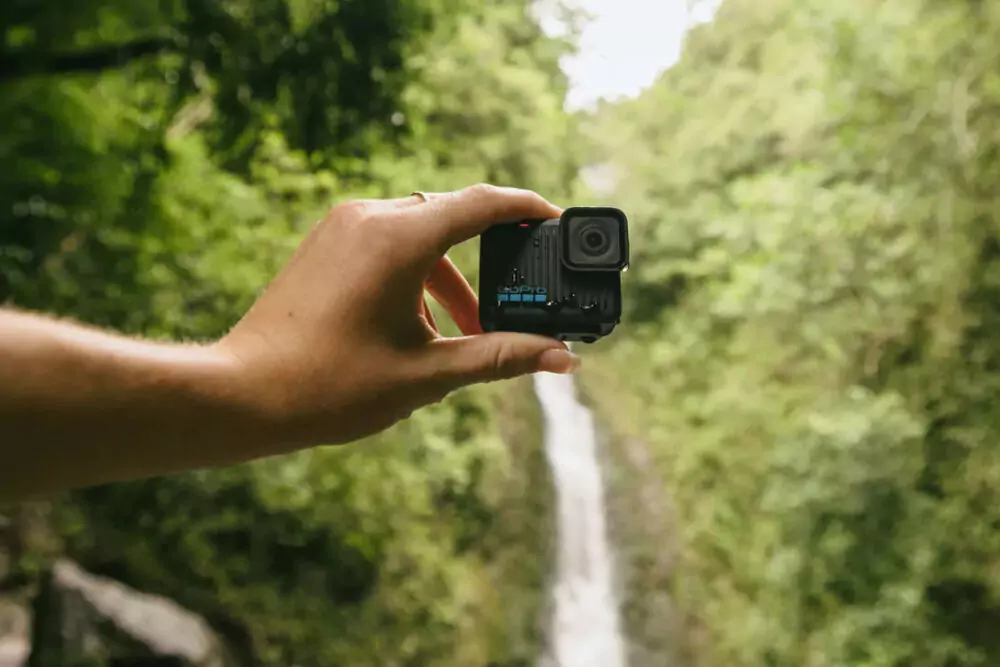
GoPro has built its entire marketing ecosystem around user-generated content. By encouraging customers to share their adventures using GoPro cameras and tagging the brand, GoPro has amassed a global army of brand advocates. They consistently spotlight the best user videos across their social channels and website, inspiring more customers to create and share. This UGC-driven model has allowed GoPro to dominate the action camera space while spending far less on traditional advertising- a textbook brand advocacy example of letting customers be your best marketers.
Rewarding UGC not only extends reach but also strengthens the emotional bond between the brand and its advocates, creating a self-sustaining cycle of loyalty and organic growth.
Strategic collaborations with influencers and micro-influencers can turbocharge your brand advocacy efforts. Today’s consumers crave authenticity, and influencers- especially micro-influencers with highly engaged niche audiences- offer exactly that. Studies show that 49% of consumers rely on influencer recommendations, and partnerships can deliver 11x higher ROI than traditional forms of digital marketing.
But why is brand collaboration important in the context of advocacy? Because collaborations allow brands to tap into built-in trust networks. When influencers genuinely love a product and share it with their followers, it feels more like a recommendation from a friend than a corporate promotion. This triggers deeper emotional engagement and paves the way for lasting loyalty.
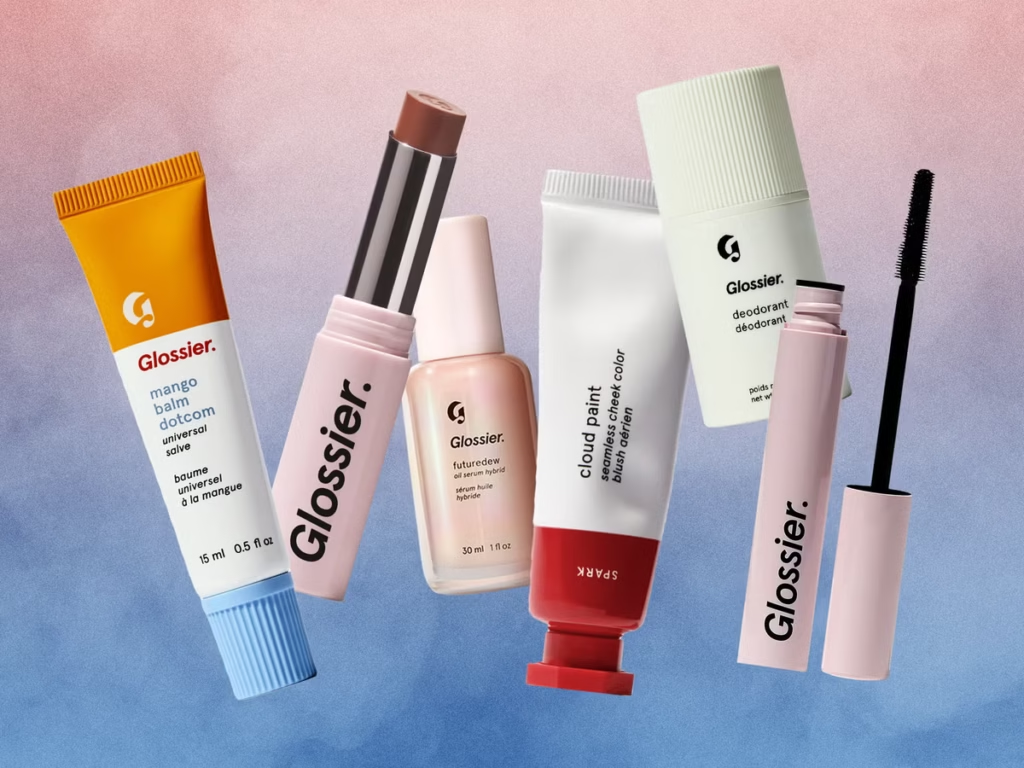
Glossier is a masterclass in influencer and micro-influencer collaboration. The beauty brand built its empire by partnering with everyday fans and smaller creators, encouraging them to authentically share their skincare routines and beauty tips using Glossier products. Rather than relying solely on mega-celebrities, Glossier invested in real voices- turning thousands of loyal customers into brand storytellers. Their approach to community-driven marketing shows exactly why brand collaboration is important for building scalable, sustainable brand advocacy.
By aligning with the right voices and communities, brands can extend their reach, build trust faster, and inspire authentic advocacy that feels natural- not scripted.
One of the most effective ways to turn happy customers into active brand advocates is by rewarding them for spreading the word. A well-designed customer referral program not only incentivizes sharing but also makes it easy for fans to introduce your brand to new audiences. According to Nielsen, people are four times more likely to buy when referred by a friend- making referral programs a direct pathway to organic growth.
Successful referral programs tap into the natural desire people have to share great experiences with others, especially when there’s something in it for them- discounts, freebies, exclusive access, or loyalty points. Plus, referrals often bring in higher-quality customers who are more likely to become loyal advocates themselves

Dropbox famously grew from 100,000 users to over 4 million users in just 15 months by launching one of the most effective referral programs ever. They offered free storage space to both the referrer and the referred friend- a simple but powerful incentive that sparked massive user-led growth. This iconic campaign has since become a textbook brand advocacy example, showing how rewarding loyal customers turns them into powerful marketing engines.
A great referral program transforms your existing customers into a motivated, highly credible sales force- proving once again that brand advocacy is the most scalable and cost-effective form of marketing today.
Building a loyal community is one of the most sustainable ways to fuel brand advocacy- but it doesn’t happen overnight. Brands that engage consistently and authentically with their audience earn deeper loyalty and create a sense of belonging that turns casual followers into passionate brand advocates.
Community engagement means more than just replying to comments. It’s about starting conversations, listening to feedback, spotlighting community voices, hosting live sessions, and making customers feel like an integral part of the brand’s journey. Research shows that 66% of consumers who feel connected to a brand are more likely to become loyal customers and share their positive experiences .
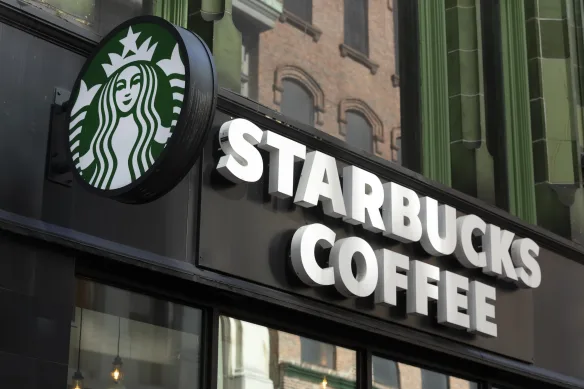
Starbucks has built one of the most engaged brand communities in the world, largely through its My Starbucks Idea platform and active presence on social media. By inviting customers to submit ideas, vote on new products, and share feedback, Starbucks created a two-way relationship that strengthened emotional loyalty. Their consistent community-building efforts show exactly why brand collaboration is important- not just with influencers, but with everyday customers too.
When brands prioritize engagement over broadcasting, they empower their audiences to feel seen, heard, and valued- all key ingredients for growing unstoppable brand advocacy.
Nothing fuels brand advocacy like real success stories from real customers. Sharing testimonials, case studies, video interviews, and user spotlights adds credibility, builds trust, and gives potential customers clear proof of how your brand delivers results. In fact, research shows that 72% of consumers say positive testimonials and reviews increase their trust in a brand. By turning your customers into heroes, you not only celebrate their achievements but also create relatable, aspirational content that motivates others to join your brand community. Success stories validate the brand advocate meaning- real people passionately endorsing your brand based on genuine outcomes.
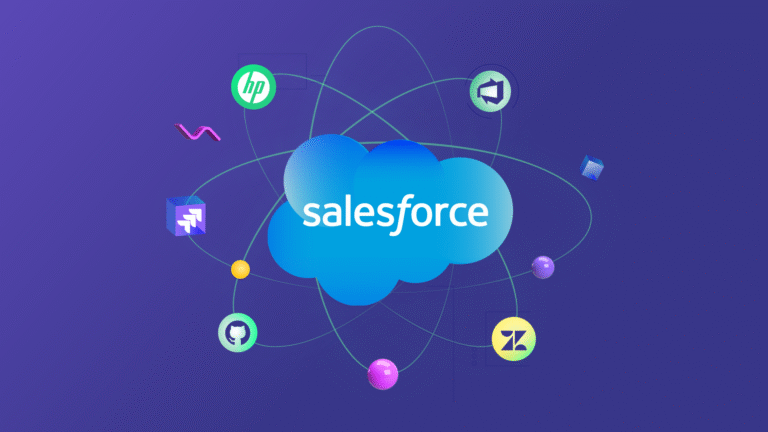
Salesforce excels at amplifying customer success stories. Through initiatives like the “Customer Success Stories” section on their website and dedicated YouTube series, Salesforce highlights how businesses of all sizes have used their tools to transform operations. These relatable narratives don’t just drive new sales- they inspire brand advocacy by making customers feel proud to be part of the Salesforce community.
Showcasing your customers’ wins demonstrates that your brand isn’t just about products- it’s about empowering real people to succeed, and that’s a story worth sharing.
If there’s one golden rule in building long-term brand advocacy, it’s this: stay authentic and consistent. Customers today are quick to spot- and call out- brands that are performative or inconsistent. Authenticity builds deep emotional loyalty, and consistency across brand messaging, actions, and values cements trust over time.
According to Edelman’s Trust Barometer, 81% of consumers say that trusting a brand to “do what is right” is a deciding factor in their buying decisions. This trust is the bedrock of turning satisfied customers into loyal brand advocates who recommend you not because they’re incentivized- but because they genuinely believe in you.

Patagonia has built one of the strongest advocacy-driven communities in the world, thanks to its unwavering commitment to environmental activism. From donating 1% of profits to environmental causes to encouraging customers to repair rather than replace gear, Patagonia’s consistent, values-driven messaging creates deep emotional connections. Their authenticity shows why brand collaboration is important- partnering with customers and advocacy groups alike to create real, lasting change.
When you stay true to your values and show up consistently for your audience, you build a tribe of believers- and believers become your most powerful marketers.
Brand advocacy isn’t just a nice-to-have- it’s the future of sustainable brand growth. In a world where trust in traditional advertising continues to fall, loyal customers and employees are your brand’s most powerful marketing asset. By delivering exceptional experiences, building strong emotional connections, encouraging user-generated content, and staying authentically consistent, you can turn happy customers into lifelong brand advocates.
Whether you’re a startup or a global brand, investing in brand advocacy today will pay massive dividends tomorrow. As we’ve seen through real-world brand advocacy examples, empowering your customers and employees to become vocal supporters not only boosts engagement but also builds a loyal, thriving community around your brand.
If you’re wondering why brand collaboration is important or how to elevate your advocacy efforts, remember: every loyal customer has the potential to become your loudest, most trusted ambassador. Start building your advocacy army- and watch your brand’s influence grow exponentially.
And there you have it, folks! Brand advocacy is more than just a buzzword; it’s a powerful strategy that can transform your brand’s reputation and drive serious growth. By understanding what motivates your advocates, delivering exceptional experiences, and fostering a sense of community, you can create a loyal army of fans who can’t wait to spread the word.
So, go ahead and start building your brand advocacy program today. Who knows? Your brand might just become the next big thing everyone’s talking about.
A brand advocate is a customer, employee, or fan who voluntarily promotes a brand because of their genuine loyalty and positive experiences. They often recommend the brand through word-of-mouth, social media, reviews, and personal referrals without needing incentives
Brands like Nike, Amazon, Spotify, GoPro, and Patagonia are great brand advocacy examples. They consistently deliver exceptional experiences, engage their communities, and align with values that inspire customers to promote them authentically.
Brand collaboration is important because it allows companies to tap into trusted networks, amplify their reach, and build stronger emotional connections. Partnering with influencers, employees, or even customers accelerates organic growth and boosts long-term brand advocacy.